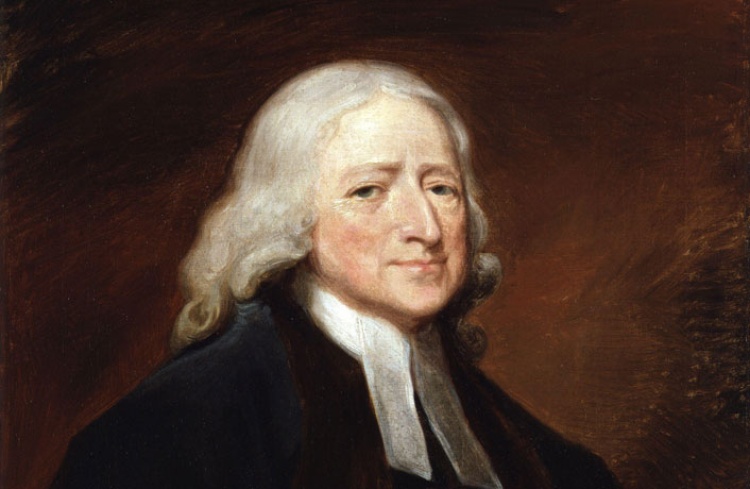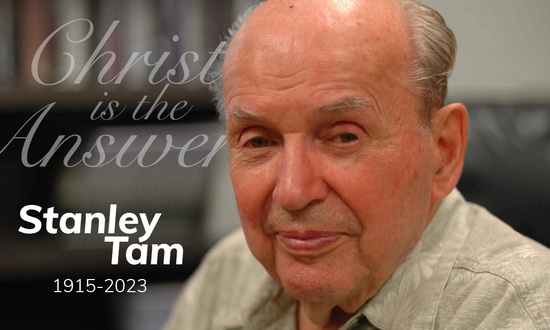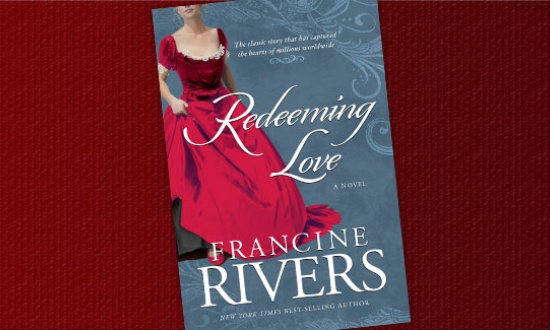To turn the tide of materialism in the Christian community, we desperately need bold models of kingdom-centered living. Despite our need to do it in a way that doesn’t glorify people, we must hear each other’s stories about giving or else our people will not learn to give. (See “Should Giving Always Be Kept Secret?”)
The Christian community should be filled with people who set a cap on their lifestyles, giving away everything above that amount. We need to draw a line and stop accumulating beyond it. Give away everything else. That isn’t even sacrificial giving, it’s just giving according to our ability. Simple as it is, the models are so few and far between that people don’t even conceive of how it could work.
Consider the following story about John Wesley (1703-1791). His perspective was changed as a result of something that happened to him while at Oxford:
[Wesley] had just finished buying some pictures for his room when one of the chambermaids came to his door. It was a winter day and he noticed that she had only a thin linen gown to wear for protection against the cold. He reached into his pocket to give her some money for a coat, and found he had little left. It struck him that the Lord was not pleased with how he had spent his money. He asked himself: “Will Thy Master say, ‘Well done, good and faithful steward?’ Thou has adorned thy walls with the money that might have screened this poor creature from the cold! O justice! O mercy! Are not these pictures the blood of this poor maid?”
Perhaps as a result of this incident, in 1731 Wesley began to limit his expenses so he would have more money to give to the poor. He records that one year his income was £30, and his living expenses £28, so he had £2 to give away. The next year, his income doubled, but he still lived on £28 and gave £32 away. In the third year, his income jumped to £90; again he lived on £28, giving £62 away. The fourth year, he made £120, lived again on £28, and gave £92 to the poor.
Wesley preached that Christians should not merely tithe, but give away all extra income once the family and creditors were taken care of. He believed that with increasing income, the Christian’s standard of giving should increase, not his standard of living. He began this practice at Oxford and he continued it throughout his life. Even when his income rose into the thousands of pounds, he lived simply and quickly gave his surplus money away. One year his income was slightly over £1,400; he gave away all save £30. He was afraid of laying up treasures on earth, so the money went out in charity as quickly as it came in. He reports that he never had as much as £100 at one time.
When he died in 1791, the only money mentioned in his will was the miscellaneous coins to be found in his pockets and dresser drawers. Most of the £30,000 he had earned in his lifetime he had given away. As Wesley said, “I cannot help leaving my books behind me whenever God calls me hence; but, in every other respect, my own hands will be my executors.*
John Wesley’s royalties at one time gave him what today would be an annual income of $160,000. Yet he lived like someone today might at an income of $20,000. Sound radical? Why? Isn’t it perfectly in keeping with Scripture? “Your plenty will supply what they need. . . . You will be made rich in every way so that you can be generous on every occasion” (2 Corinthians 8:14; 9:11). Perhaps you’ll never be as radical as Wesley—I’m certainly not, but his example inspires me and makes me reevaluate my lifestyle and giving.
For more, see our other resources on money and giving, as well as Randy's related books.
*Charles Edward White, “Four Lessons on Money from One of the World’s Richest Preachers” Christian History 19 (summer 1988): 24.





